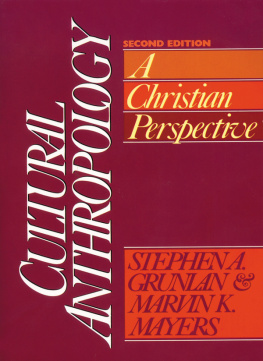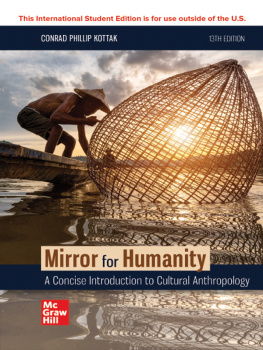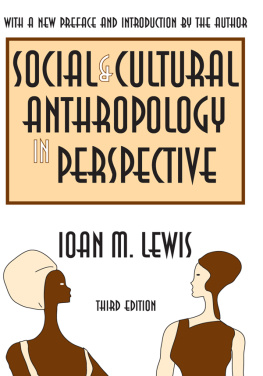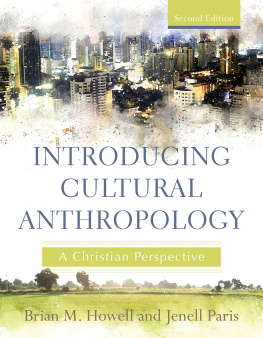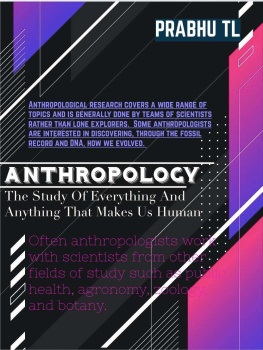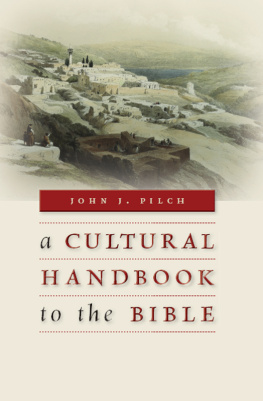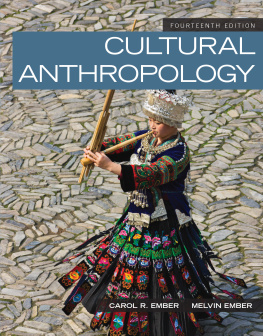This volume on under Dr. Marvin Mayers at Wheaton College and later was engaged in work among Chicanos in California and the Chicago area. Dr. Mayers engaged in field work among the Pocomchi of Guatemala under the sponsorship of the Wycliffe Bible Translators before teaching for nine years at Wheaton College, during which time he also had some field experience in the Philippines. He was director of the program for the Summer Institute of Linguistics in Dallas, Texas, and professor of linguistics at the University of Texas at Arlington for many years. He is currently dean at the School of Intercultural Studies at Biola University.
Grunlan and Mayers take the position of functional creationism; and though they discuss some of the problems implied in traditional interpretations of the age of the world and especially of the creation of the human race, they do not attempt to deal with either physical anthropology or the origins of man. They do, however, attempt to deal meaningfully with the problems posed by biblical absolutism and , and their practice of concluding chapters with a series of thought-provoking questions should prove to be of real help to the nonprofessional teacher of anthropology, who has been specifically in mind as they prepared this text.
Some readers may be disappointed in not finding full-scale discussions of some of the crucial issues in contemporary anthropology, but I am confident that most of those for whom this volume has been written will be pleased with the sincere and sensitive manner in which the authors have tried to be both constructive and helpful to those who seek to relate their faith to the problems of cultural diversity and change.
E UGENE A. N IDA
Both of us authors were engaged in teaching cultural anthropology in missionary training programs, and this book grew out of our need for a text. The actual project began when one of us was teaching cultural anthropology at Moody Bible Institute and the other was teaching anthropology at Wheaton College. When neither of us could find a satisfactory text for our purposes, we decided to write one of our own.
Because there are so many theological positions being espoused today and different people are using the same terms to mean different things, it is very important to know the theological position of writers. We consider ourselves to be in the theological mainstream of evangelical Christianity. We believe the Bible is the inspired and authoritative Word of God (2 Tim. 3:16). We believe God is the Creator of the universe and that humans came into being as the result of a special creative act of God (Gen. 1:1, 27).
Anthropology is the study of humanity, and we view human beings as the apex of Gods creative work. Hence we see anthropology as a discipline that helps us to better understand the central object of Gods creation. A better understanding of people will lead to a more effective ministry to them.
In evangelical circles today, a suspicion of the still lingers. This is understandable, since many behavioral scientists have been non-Christian or even anti-Christian. Some of the positions they have taken have been contrary to the teachings of biblical Christianity. However, these positions have been based on interpretations of the data. The data alone do not contradict Scripture.
In light of the Lausanne Conference on World Evangelization, Evangelicals have become more aware of the multicultural world in which they are serving. The consensus of many evangelical missiologists is that the only effective approach to this multicultural world is that of cultural relativism. We also see cultural relativism as an important element in formulating effective missionary strategy. Relativism is one of those words that make Evangelicals uncomfortable. The problem is that many Evangelicals do not distinguish between the various types of relativism. Its true that ethical relativism finds the principles for behavior within the social situation, but we advocate cultural relativism coupled with biblical absolutism. Thus the defines the situation, but the principles for behavior are found in Gods Word. Indeed the Bible is the absolute authority for all cultures, but it must be applied to specific and relative cultural forms.
It is our purpose to introduce the reader to the discipline of cultural anthropology, not only as an academic discipline, but also as an effective tool for the missionary, pastor, and layman in their task of presenting the gospel of Jesus Christ.
The principles that guided us as we worked on this project were our love for the Lord Jesus Christ, our conviction that the Bible is the inspired Word of God, and our commitment to the task of world evangelization. We wanted to prepare a text that would help present and prospective missionaries to better understand both their own culture and the culture in which they will minister and thus facilitate the crosscultural communication of the gospel.
Putting together a textbook involves the efforts of many people. We especially appreciate the contributions made by our colleagues and students. John Snarey, who was Dr. Mayers graduate teaching assistant at Wheaton College, contributed many of the ideas in .
We also want to recognize our wives, Sandra Grunlan and Marilyn Mayers, who have helped us with the bibliography and indexing. Their support and cooperation made this project possible.
Portions of are taken from material written by Dr. Grunlan for Christian Perspectives on Sociology (Zondervan, 1982), a book that is now out of print.
It is our prayer that this book will contribute to the advance of the gospel of Jesus Christ.
We realize that while many who use this text in the classroom are professional anthropologists or have advanced training in anthropology, many others who use it are not anthropologists nor have they had much, if any, advanced work in anthropology.

